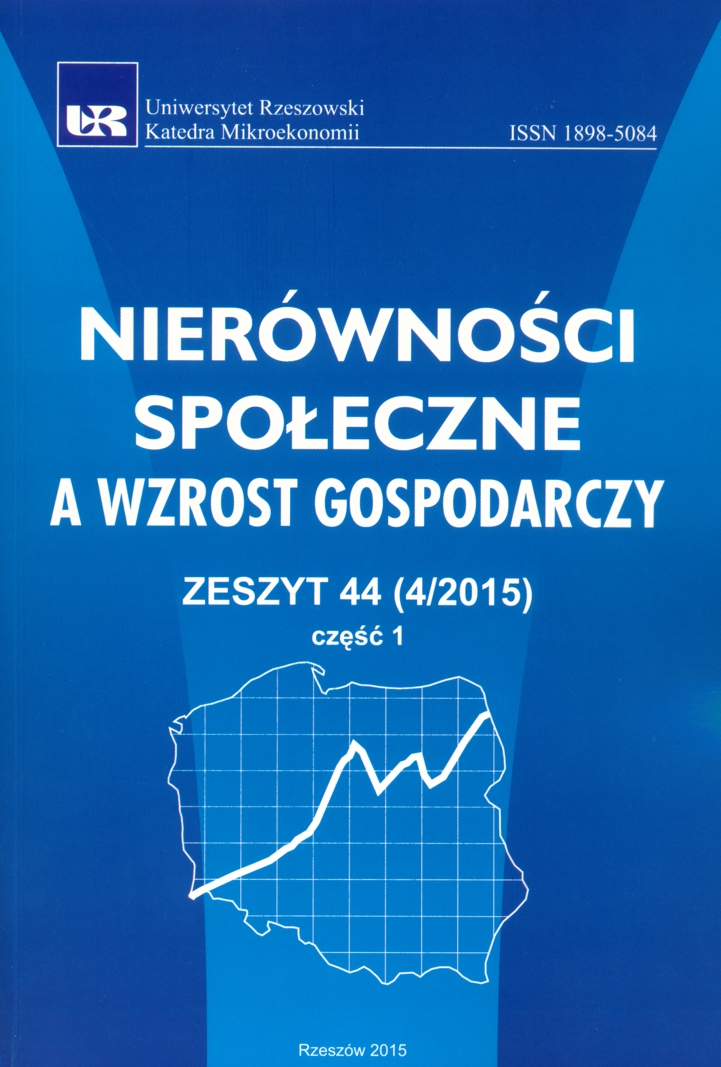Ujawnianie kapitału intelektualnego wyzwaniem informacyjnej funkcji rachunkowości w dobie gospodarki opartej na wiedzy
Reporting on Intellectual Capital as a Challenge for Financial Accounting in the Knowledge Economy
Author(s): Anna GrądzielSubject(s): Economy, Business Economy / Management, ICT Information and Communications Technologies
Published by: Wydawnictwo Uniwersytetu Rzeszowskiego
Keywords: intellectual capital; intellectual capital disclosing and reporting
Summary/Abstract: In the past few decades, the economy has moved from a traditional economy based on natural resources, capital and labour to an economy based on knowledge. Currently, intellectual capital is a value driver and strategic asset. Knowledge is an essential tool, which allows the organisa- tion to achieve its objectives, determines the competiveness of the organisation and creates the com-pany value. Intellectual capital is a crucial factor of development of the company, on the other hand, is an “elusive” term. In the literature for more than a decade, there has been a debate on recognising intellectual capital in the financial statements of organisation or other means of presenting this attribute of the company. The information on intellectual capital is very important for different users of company information. It should be emphasized that the relevancy and sufficiency of traditional financial accounting in recent times is becoming more and more limited and loses its importance. Reliable, objective and verifiable information on the intellectual capital would be valuable to existing and potential investors, and to other external users of the information.Quantification of intangible assets is undoubtedly more difficult compared to material resources, but the role they perform in the modern management of the company operating in the knowledge economy is becoming more significant.In spite of the fact that the law did not require to include the information on intellectual capital to financial statements, the basic accounting principles (principle of true and fair view, completeness and materiality) present the need to modify the financial and management accounting policies by recognising and disclosing information on intellectual capital.The article presents the concept of intellectual capital, with a particular focus on the concept of recognising and disclosing of intellectual capital. Reporting on intellectual capital is a challenge for financial accounting in the knowledge economy.
Journal: Nierówności Społeczne a Wzrost Gospodarczy
- Issue Year: 1/2015
- Issue No: 44
- Page Range: 141-152
- Page Count: 12
- Language: Polish

